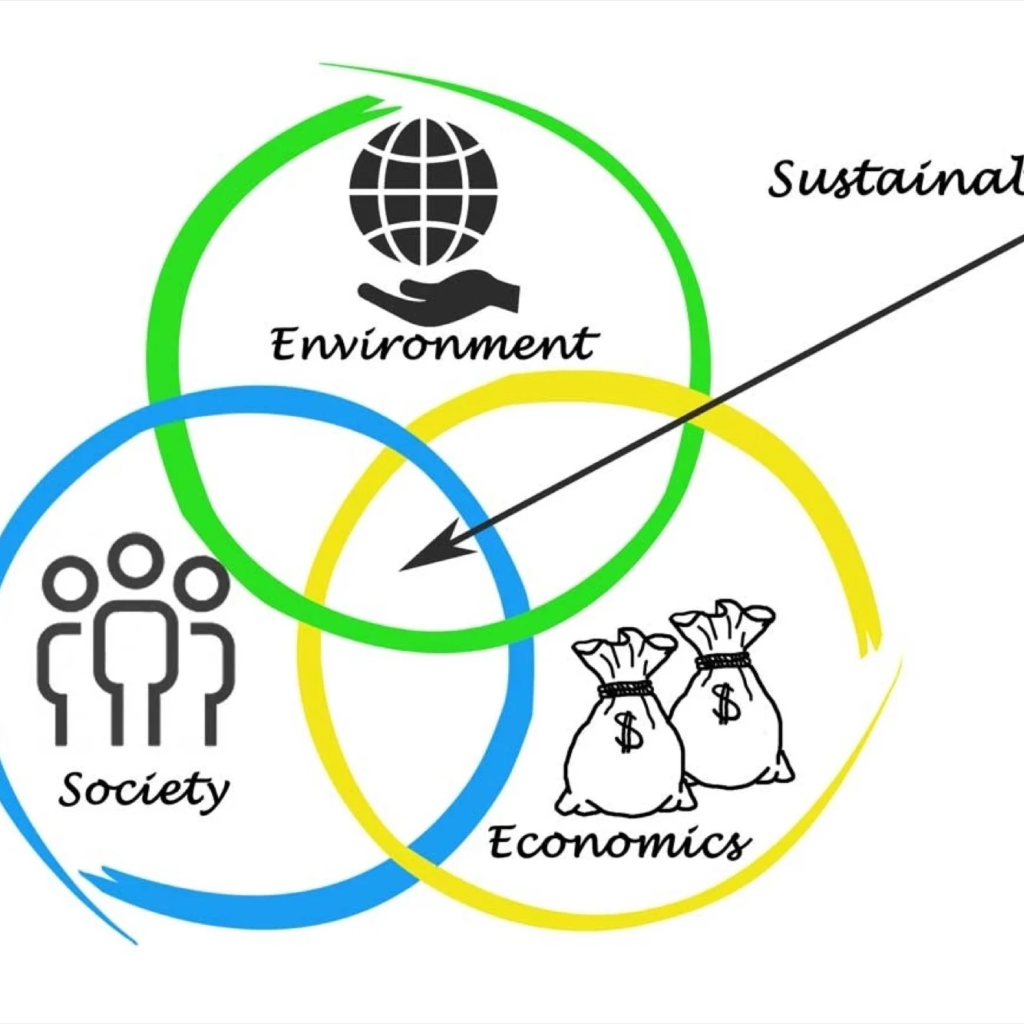Sustainability has become a top priority for businesses of all sizes in recent years. Consumers are increasingly demanding more sustainable products and services, and investors are looking to support companies that are committed to environmental and social responsibility.
As a result, we are seeing a number of new trends emerge in sustainable business practices. Here are a few of the most notable:
Sustainable packaging
Businesses are increasingly looking for ways to reduce the environmental impact of their packaging. This includes using recycled materials, biodegradable materials, and compostable materials. Some businesses are also exploring new packaging designs that can be reused or recycled more easily.

For example, Apple has announced that it will transition to 100% recycled or renewable materials in its packaging by 2025. And IKEA has committed to eliminating all single-use plastic packaging from its products by 2030.
Renewable energy
Businesses are switching to renewable energy sources, such as solar and wind power, to reduce their carbon footprint. This is not only good for the environment, but it can also save businesses money on their energy bills.
For example, Walmart has installed solar panels on over 1,000 of its stores in the United States. And Amazon has committed to powering 100% of its operations with renewable energy by 2025.
Circular economy
The circular economy is a model of production and consumption that aims to eliminate waste and pollution. Businesses are adopting circular economy principles by designing products that can be reused, repaired, or recycled, and by sourcing materials from sustainable suppliers.
For example, Dell has launched a circular economy program for its laptops. The program allows customers to return their old laptops to Dell, which are then refurbished and resold.
Sustainable agriculture
Businesses in the food and agriculture sector are looking for ways to reduce their environmental impact. This includes using less water and pesticides, and promoting sustainable farming practices.
For example, Unilever has committed to sourcing all of its agricultural raw materials from sustainable sources by 2030. And Nestlé has announced that it will invest CHF 1.2 billion in sustainable agriculture over the next five years.
Corporate social responsibility
Businesses are increasingly taking responsibility for their social and environmental impact. This includes supporting local communities, investing in employee development, and promoting diversity and inclusion.
For example, Patagonia has a 1% for the Planet program, which donates 1% of all sales to environmental organizations. And B Lab is a nonprofit organization that certifies businesses as B Corporations, which are businesses that meet high standards of social and environmental performance, accountability, and transparency.

Technology for sustainability
In addition to these trends, we are also seeing businesses use technology to improve their sustainability performance. For example, businesses are using data analytics to track their emissions and identify areas where they can reduce their impact. They are also using new technologies to develop more sustainable products and services.
For example, Google has developed a tool called Environmental Insights that helps businesses to track and reduce their carbon footprint. And Tesla is developing a battery recycling program to recycle the batteries from its electric vehicles.
The benefits of sustainable business practices
The shift to sustainable business practices is good news for the environment and for businesses themselves. Sustainable businesses are more resilient to climate change and other challenges. They are also more attractive to consumers and investors.
According to a recent study by McKinsey & Company, sustainable businesses are more likely to outperform their peers financially. The study found that companies with high ESG (environmental, social, and governance) ratings generated higher returns on equity and lower volatility than companies with low ESG ratings.
How to adopt more sustainable business practices
If you are a business owner or manager, there are a number of things you can do to adopt more sustainable practices. Here are a few tips:
- Start by setting ambitious goals. What do you want to achieve in terms of reducing your environmental impact? Once you have set your goals, you can develop a plan to achieve them.
- Assess your current performance. What are your biggest areas of impact? Once you know where you are starting from, you can identify the areas where you can make the biggest difference.
- Engage your employees. Sustainability is a team effort. Get your employees involved in developing and implementing your sustainability plan.
- Communicate with your customers and stakeholders. Let your customers and stakeholders know about your sustainability commitments and the progress you are making. This will help to build trust and loyalty.
There are many resources available to help businesses adopt more sustainable practices. Governments, industry organizations, and nonprofits offer a variety of programs and services. There are also a number of consultancies that can help businesses develop and implement sustainability plans.

